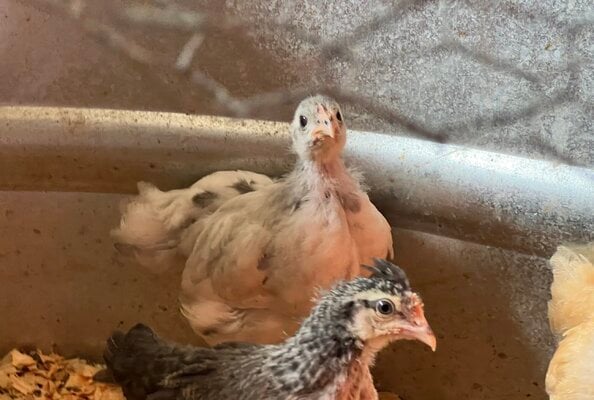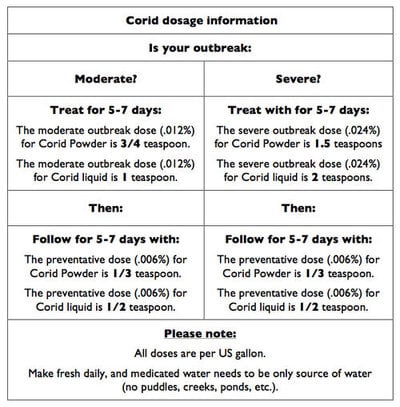Tiffany295
Chirping
- Aug 2, 2022
- 18
- 54
- 66
We have 5 young chicks (6 weeks) that we free ranged in our garden with our neighbor’s young chicks. They went out of town, so I figured we’d let them all hang out together. Now, 2 days after my neighbor came back to tend to their birds, one of her chicks is pooping blood. Seems like she thinks it’s Coccidiosis. My chicks were definitely exposed to the other chick on a few occasions for a few hours. One of my chicks is struggling and recovering from Wry neck. She’s small and I’m giving her selenium and vitamin E. The chicks all eat organic scratch and peck starter feed, some occasional dried black soldier fly larvae too.
What can I do besides ACV in their water and feeding them hard boiled yoke to help them fight potential Coccidiosis?
What can I do besides ACV in their water and feeding them hard boiled yoke to help them fight potential Coccidiosis?


 ) in your picture.
) in your picture.



